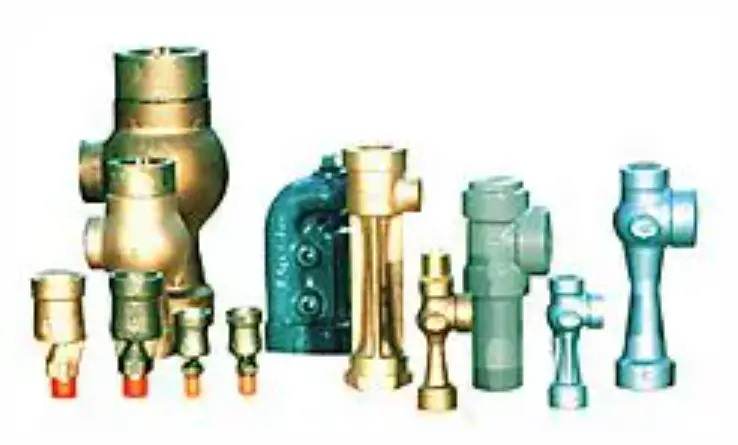Water Jet Eductors: Principles, Applications, and Advantages

What are Water Jet Eductors?
Water jet eductors, also known as jet pumps or ejectors, are devices that use the kinetic energy of a high-pressure fluid to move another fluid or gas. They are widely used in various industrial applications due to their simplicity, reliability, and efficiency. Water jet eductors operate without moving parts, making them highly durable and low-maintenance.
Principles of Water Jet Eductors
The operation of water jet eductors is based on the Venturi effect, where a fluid’s velocity increases as it passes through a constricted section, creating a pressure drop. Here’s how they work:
- High-Pressure Fluid: A high-pressure driving fluid, usually water, is introduced into the eductor through a nozzle. This fluid is known as the motive fluid.
- Mixing Chamber: The high-velocity jet of motive fluid enters the mixing chamber, creating a low-pressure zone that draws in the secondary fluid or gas through the suction port.
- Entrainment: The motive fluid entrains the secondary fluid, mixing with it and transferring its momentum to the secondary fluid.
- Discharge: The mixed fluids then pass through a diffuser, where the velocity decreases and pressure increases, resulting in a combined discharge stream at a higher pressure than the secondary fluid.
Applications of Water Jet Eductors
Water jet eductors are versatile devices used in a wide range of industrial applications. Some of the common uses include:
- Liquid Pumping and Mixing: Eductors are used to pump, mix, and circulate liquids in various processes, such as in chemical plants and wastewater treatment facilities.
- Gas Compression and Vacuum Creation: Eductors can be used to compress gases or create a vacuum, making them useful in applications such as vacuum distillation and degassing.
- Slurry Handling: Eductors are ideal for transporting slurries and suspensions, as they can handle abrasive and corrosive materials without damage to moving parts.
- Tank Agitation: Used for agitating and mixing tank contents, ensuring uniformity and preventing sedimentation in storage tanks.
- Heating and Cooling: Eductors can be used in heat exchangers to enhance the mixing of hot and cold fluids, improving heat transfer efficiency.
Advantages of Using Water Jet Eductors
Water jet eductors offer several significant benefits that make them a preferred choice in many industrial applications:
- Simplicity and Reliability: With no moving parts, water jet eductors are highly reliable and require minimal maintenance, reducing downtime and operational costs.
- Versatility: Suitable for handling a wide range of fluids, including liquids, gases, and slurries, making them adaptable to various industrial processes.
- Cost-Effective: Eductors are often more economical than traditional pumps and compressors, both in terms of initial investment and operating expenses.
- Durability: Constructed from materials resistant to corrosion and wear, eductors can withstand harsh operating conditions and handle abrasive materials.
- Energy Efficiency: By utilizing the kinetic energy of high-pressure fluids, eductors can achieve efficient fluid movement and mixing with minimal energy input.
- Safety: The absence of moving parts and the simple design reduce the risk of mechanical failure and enhance the overall safety of the system.
In conclusion, water jet eductors are invaluable in various industrial operations, providing an efficient, reliable, and cost-effective means of moving, mixing, and handling fluids. Their simplicity and versatility make them an essential component in many industrial processes, contributing to improved operational efficiency and reduced maintenance requirements.
